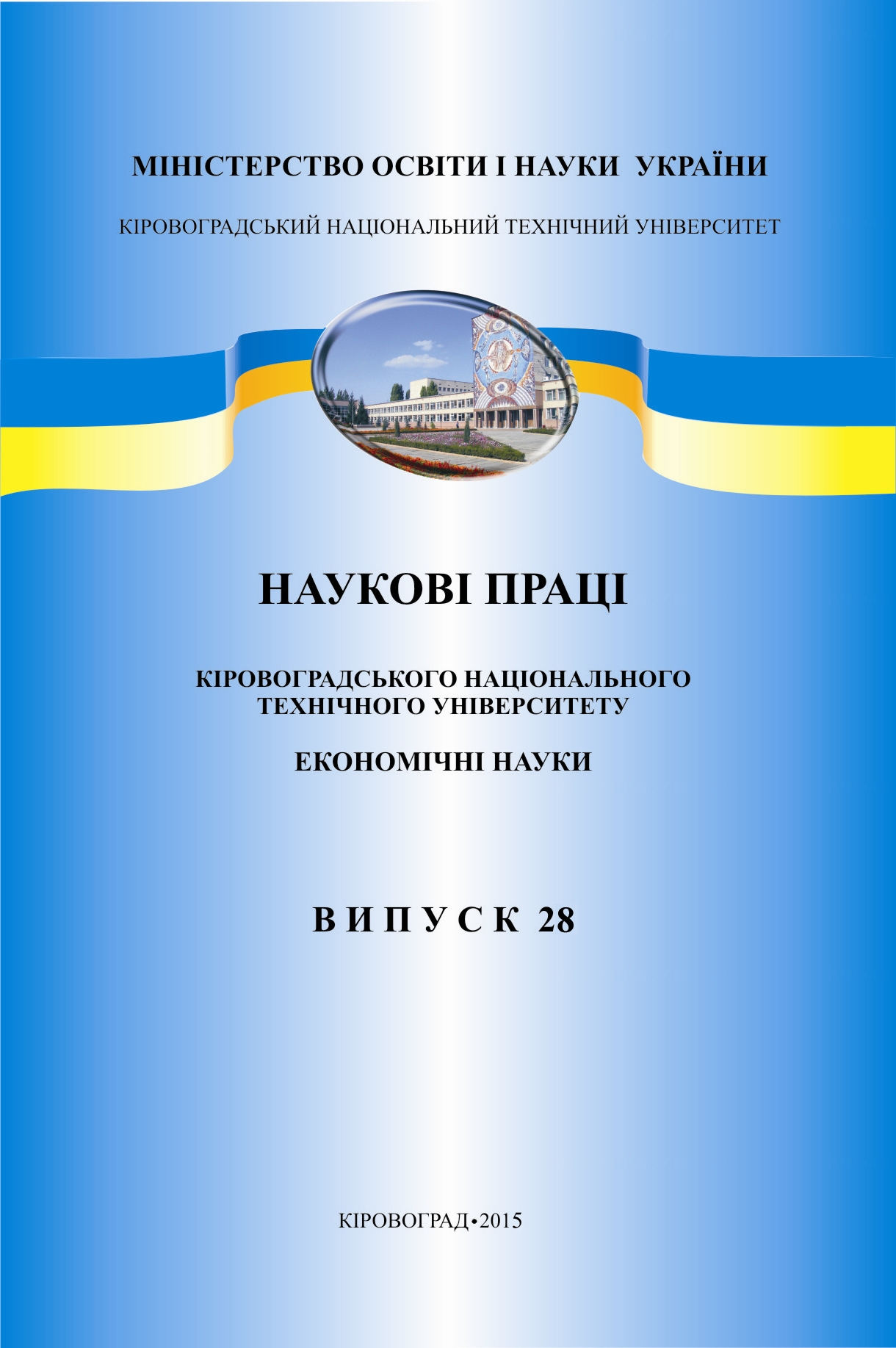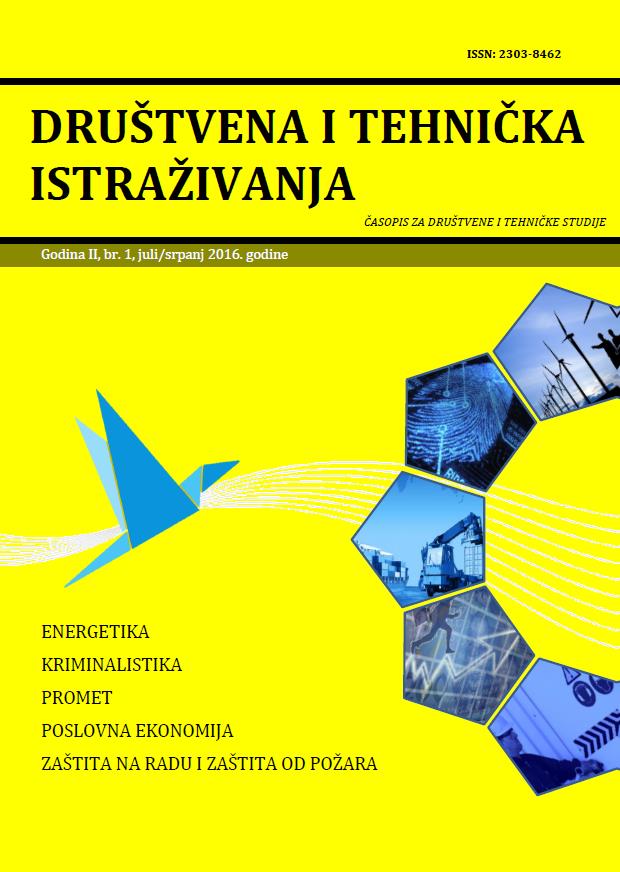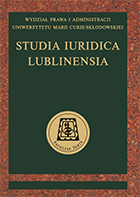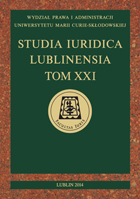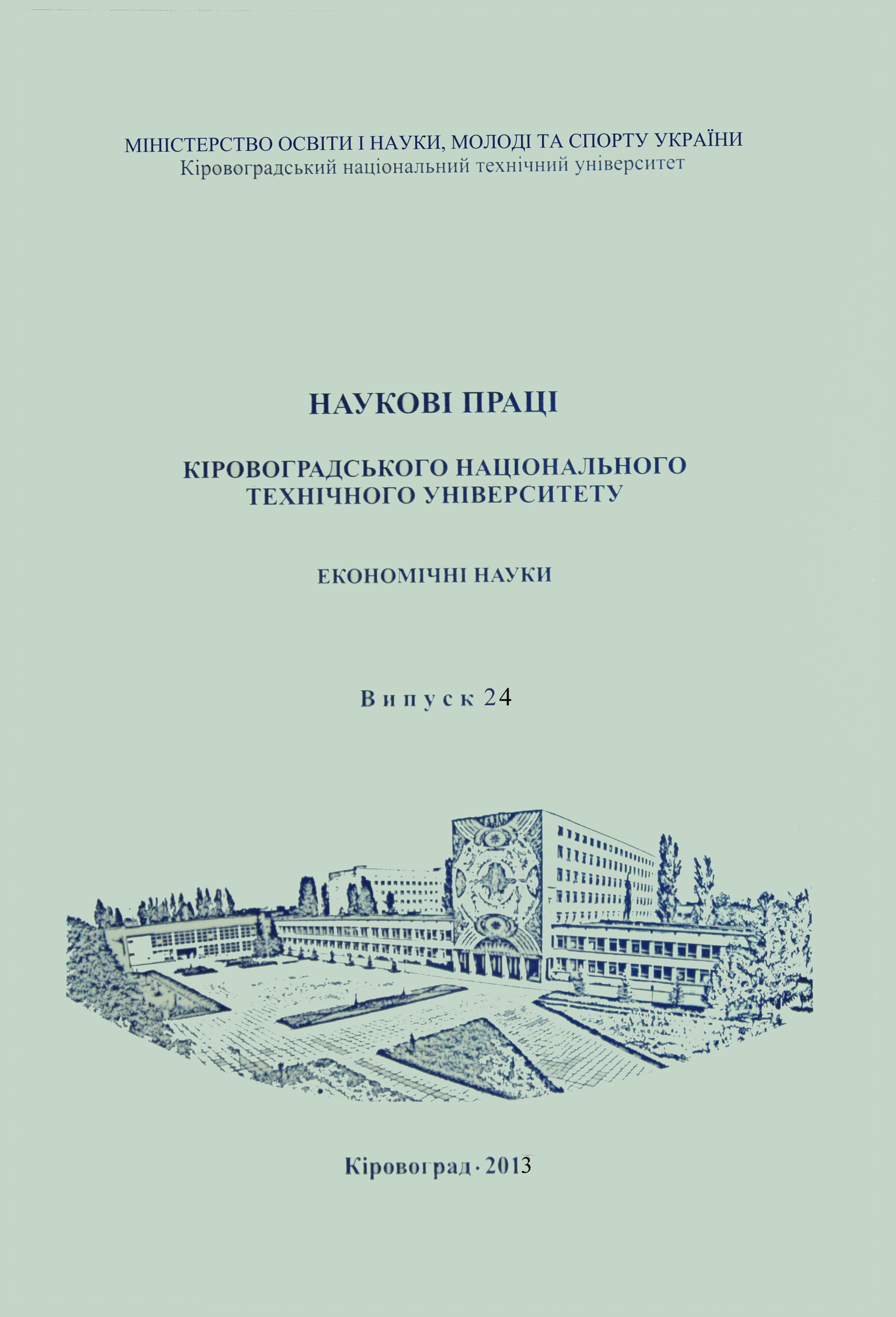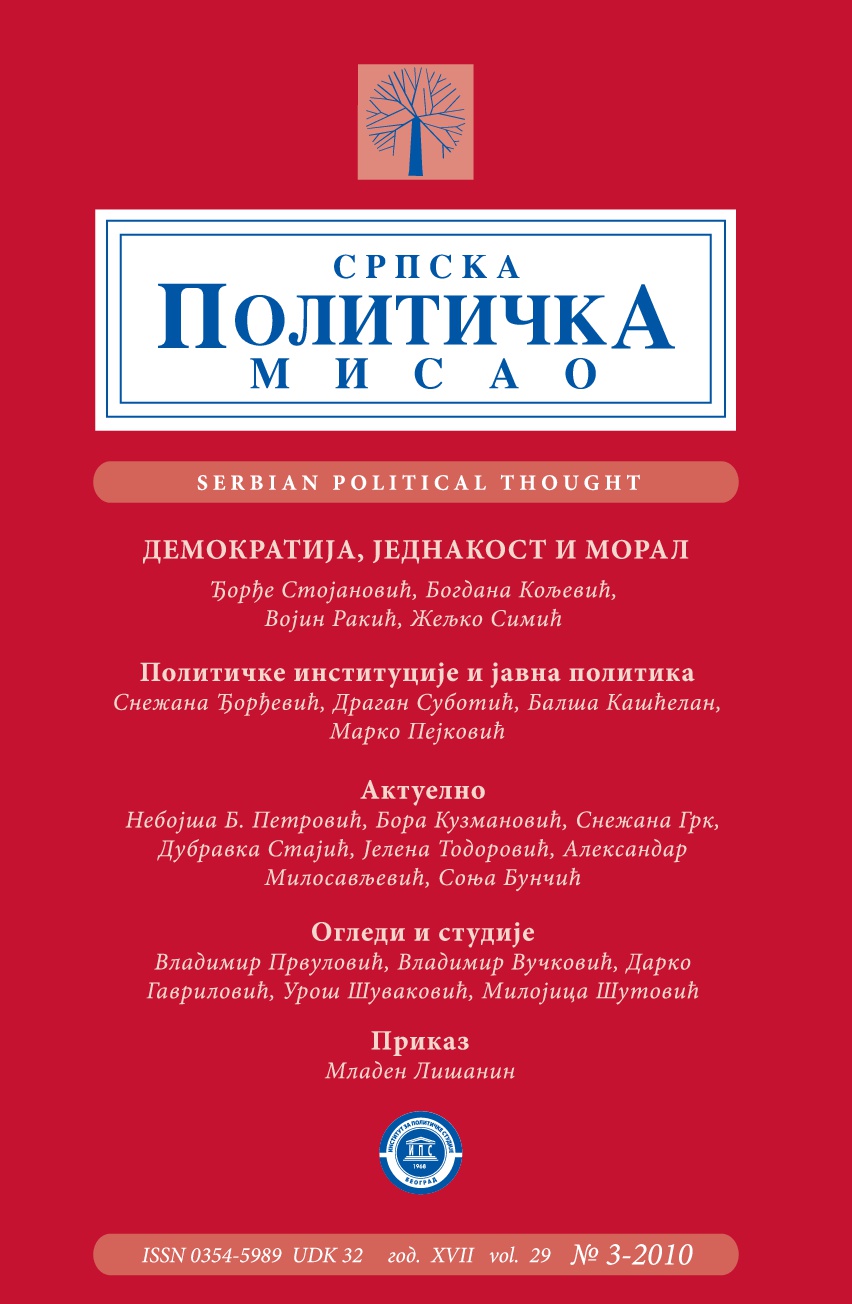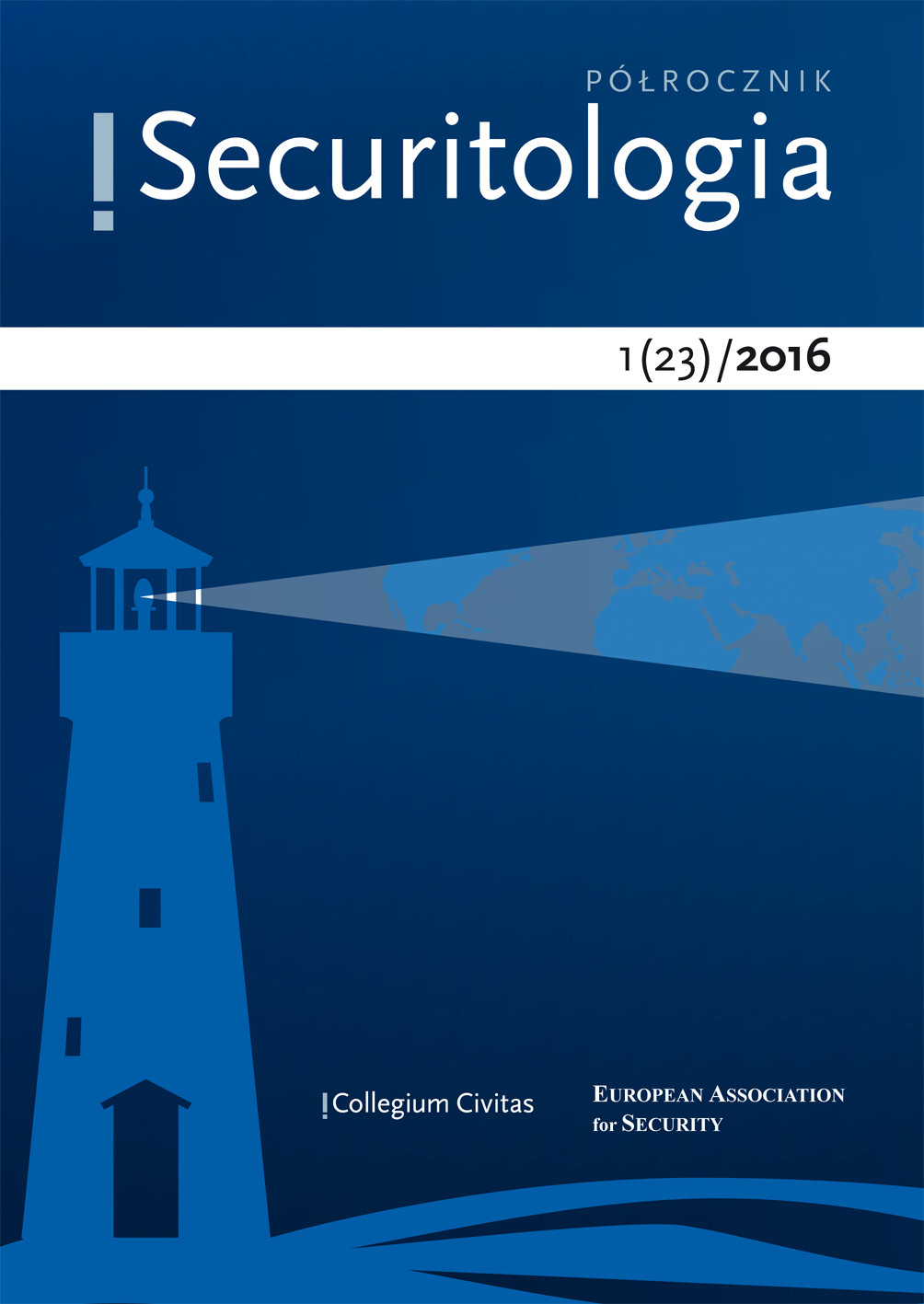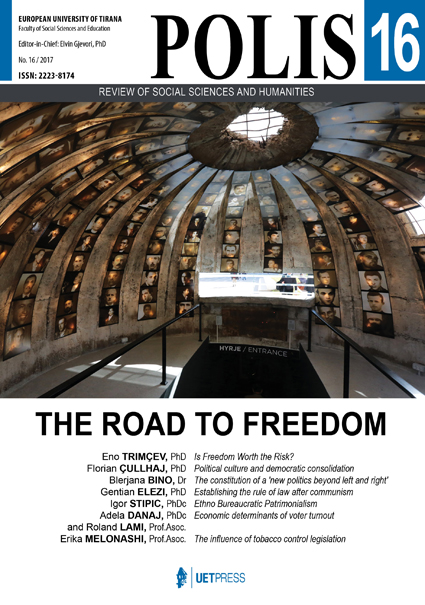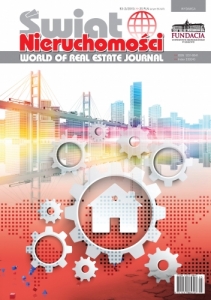
Przemiany użytkowanie gruntów w wybranych miastach aglomeracji górnośląskiej w latach 2005-2011
The main objective of the European cohesion policy is the convergence of the Member States, enabling civilization advancement of less developed regions. In the implementation of this kind of policy the rational use of land plays an important role. The National Spatial Development Concept 2030 assumes that the determinant of the living conditions of citizens and the local and regional development is to restore and preserve the spatial order. An interesting example enabling the realisation of such a goal is to determine the functional area at the junction of three cities: Chorzów, Ruda Śląska and Świętochłowice. This area is characterised by a similar industrial history, analogous internal (e.g. social) and external (e.g. transport) conditions, which supports the idea of undertaking joint ventures related to the rational use of land.
More...
